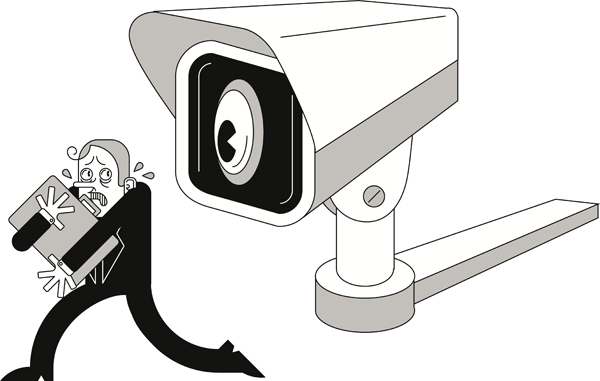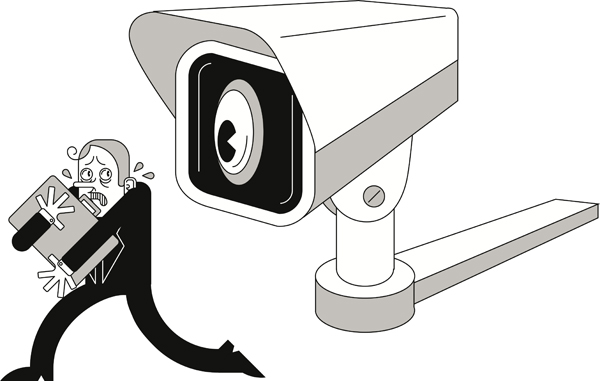By Danilo Barba & Karen Nickel
Staff Reporters
The mining sector in Brazil is estimated to bring in over $1.5 billion for Canadian mining companies per year according to the Canadian International Development Platform, which tracks Canadian investments by commodity and country.
This might be one good reason the Communications Security Establishment Canada (CSEC) office would keep its ‘ear’ on Brazil’s Mining and Resources Ministry, but no one is saying that.
On Oct.6, Glenn Greenwald reported on the Brazilian television station Globo that Canada spied on the Brazilian mining and resource ministry under a program called Olympia. Olympia entailed the collection of metadata around calls, faxes and emails originating from or going to Brazil’s mining ministry.
When questioned about spying, Prime Minister Stephen Harper was quoted saying he was “very, very concerned about the story.” Pushed to answer further by a CBC reporter, he said that he couldn’t comment on national security operations.
Meanwhile, John Foster, director of CSEC, claims that spying isn’t illegal under Canadian law. “Due to the confidential nature of our work, I am sure you will understand I can not say much,” he said during a tech conference in Ottawa.
“I can tell you that we have not targeted Canadians, at home or elsewhere in our intelligence activities abroad, or anyone in Canada. Indeed, it is prohibited by law. Protecting the privacy of Canadians is our most important principle,” he said.
A bizarre explanation came from Ray Boisvert, ex deputy director of the Canadian Security Intelligence Services (CSIS), who told the Globe & Mail that he believed what Snowden released was a ’war game’ exercise, saying, “I had a funny feeling, that is all Snowden has; is just that exploratory war game piece, saying, ’Ok, What would we do here, boys and girls, if we had to do this?”
Greenwald claims this isn’t a one time thing, telling reporters, “There is very substantial evidence that the spying Canada was doing for economic reasons aimed at Brazil is far from an aberration,” Greenwald said he will be publishing further documents on CSEC’s spying soon.
President Dilma Rousseff, who recently damned the NSA for allegedly monitoring Brazilian online activities, announced via Twitter that Brazil will host an international summit of government, industry, civil society and academia in April 2014. “Without the right of privacy, there is no real freedom of speech or freedom of opinion, and so there is no actual democracy,” she said.
“Without respect for [a nation’s] sovereignty, there is no basis for proper relations among nations. Those who want a strategic partnership cannot possibly allow recurring and illegal action to go on as if they were an ordinary practice.”
This situation is already affecting Canadians. The system that lets Canadians request data about their government institutions is also failing, warns information commissioner Suzanne Legault. She delivered an indictment to parliament addressing the question as “quite dramatic” and claiming that delaying the current status of Canada’s access to information system is putting “the health of our Canadian democracy at risk.”



